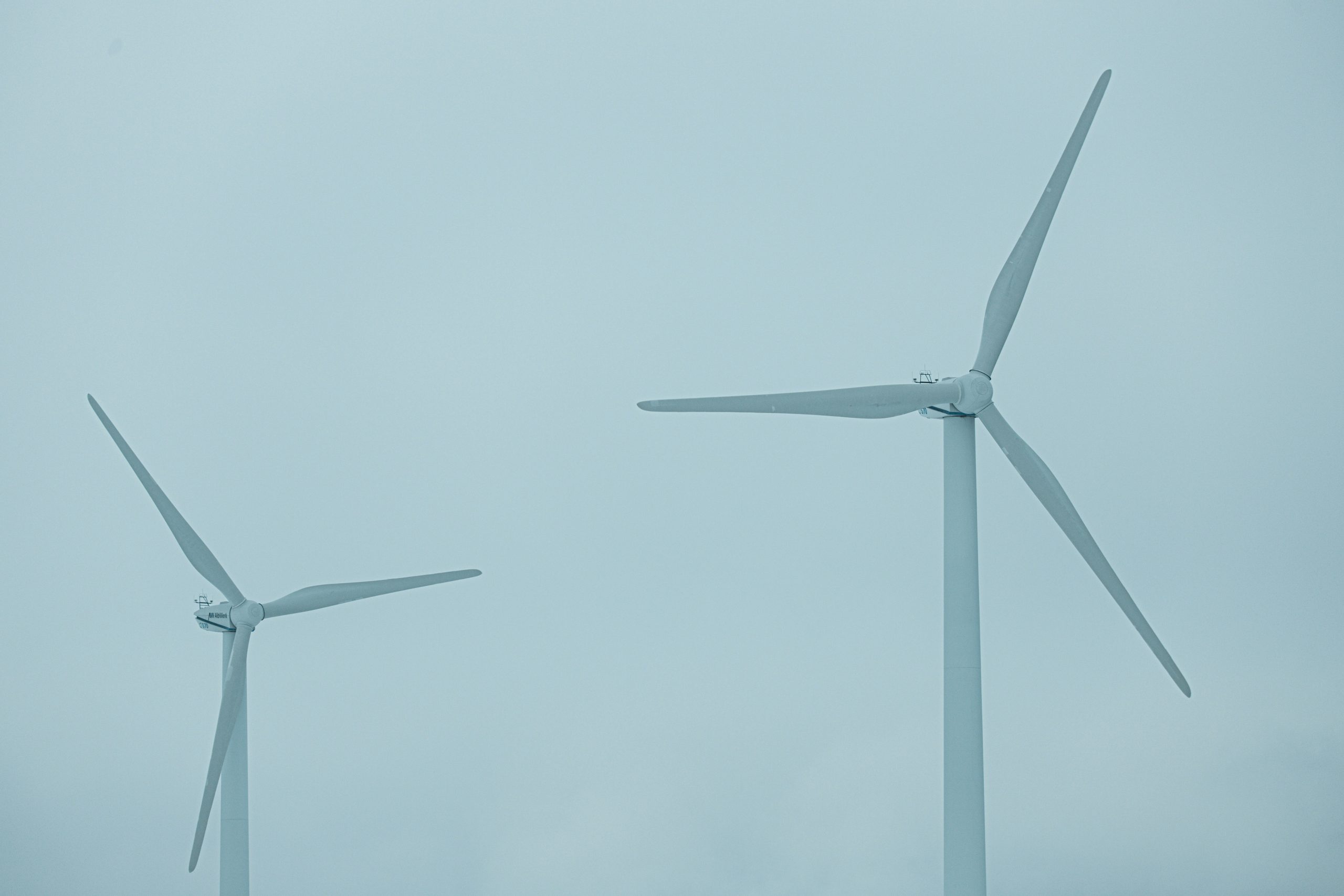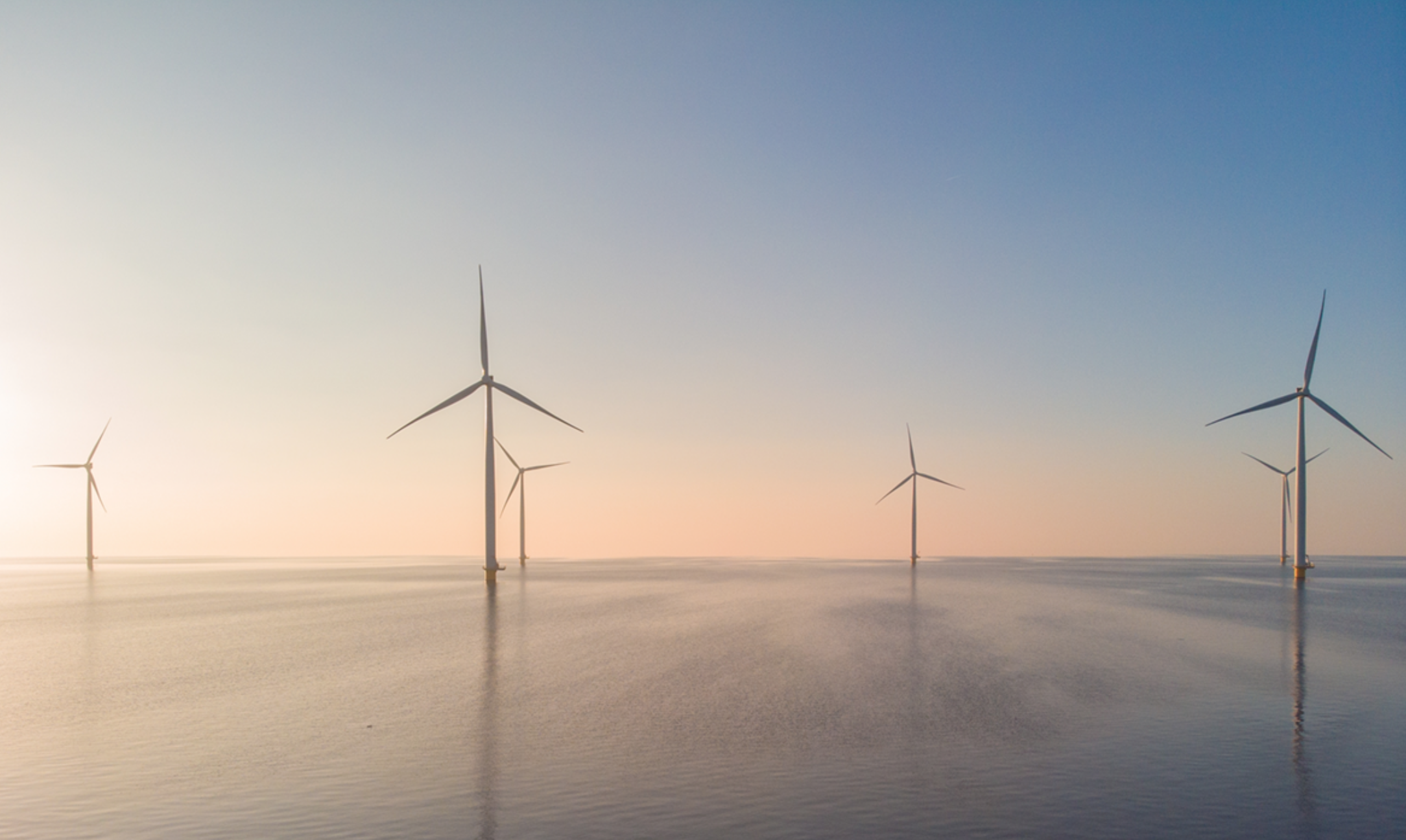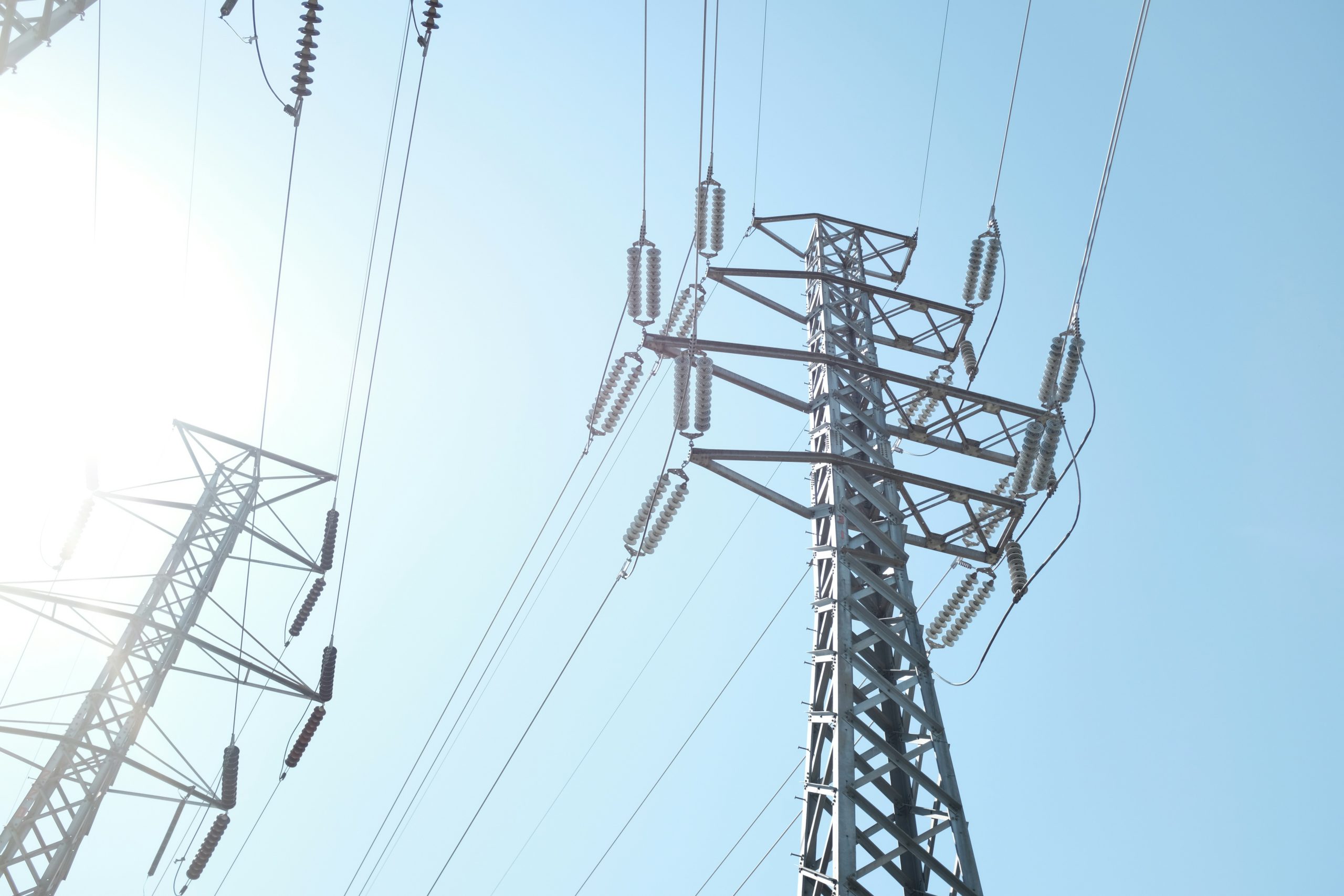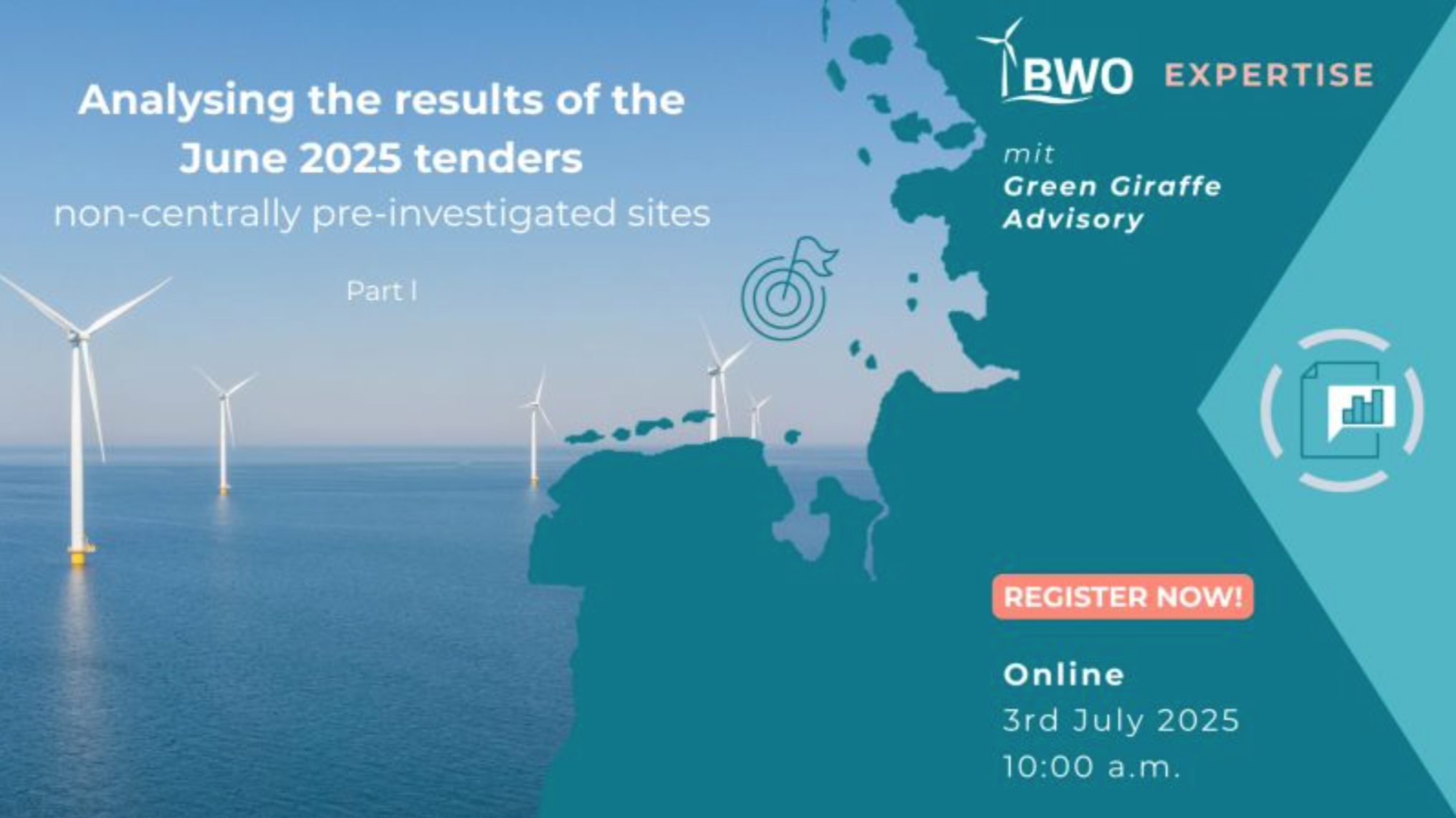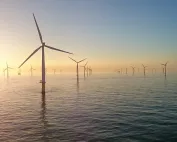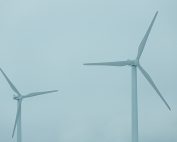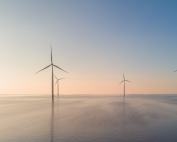Offshore wind represents a key solution in meeting global climate goals, and an increasing number of countries are turning to this technology to catalyse their sustainable energy transition efforts. According to IRENA’s World energy transitions outlook, to remain on track to meet the 1.5°C target of the Paris Agreement, nearly 500 GW of global offshore wind installations will be needed by 2030, while 2 465 GW will be required by 2050.
To accelerate the rapid deployment of this technology, it is crucial to facilitate permitting processes for offshore wind projects. Most permitting protocols in place today involve lengthy processes, and are hampered by a lack of central authority; limited digital resources; and scattered modalities to engage with different stakeholders.
Therefore, IRENA’s Collaborative Framework on Ocean Energy and Offshore Renewables, with the support of the Global Wind Energy Council (GWEC), developed the policy brief to outline actionable solutions to address permitting bottlenecks and accelerate these processes. The recommendations are also accompanied by several case studies to demonstrate their practical relevance.
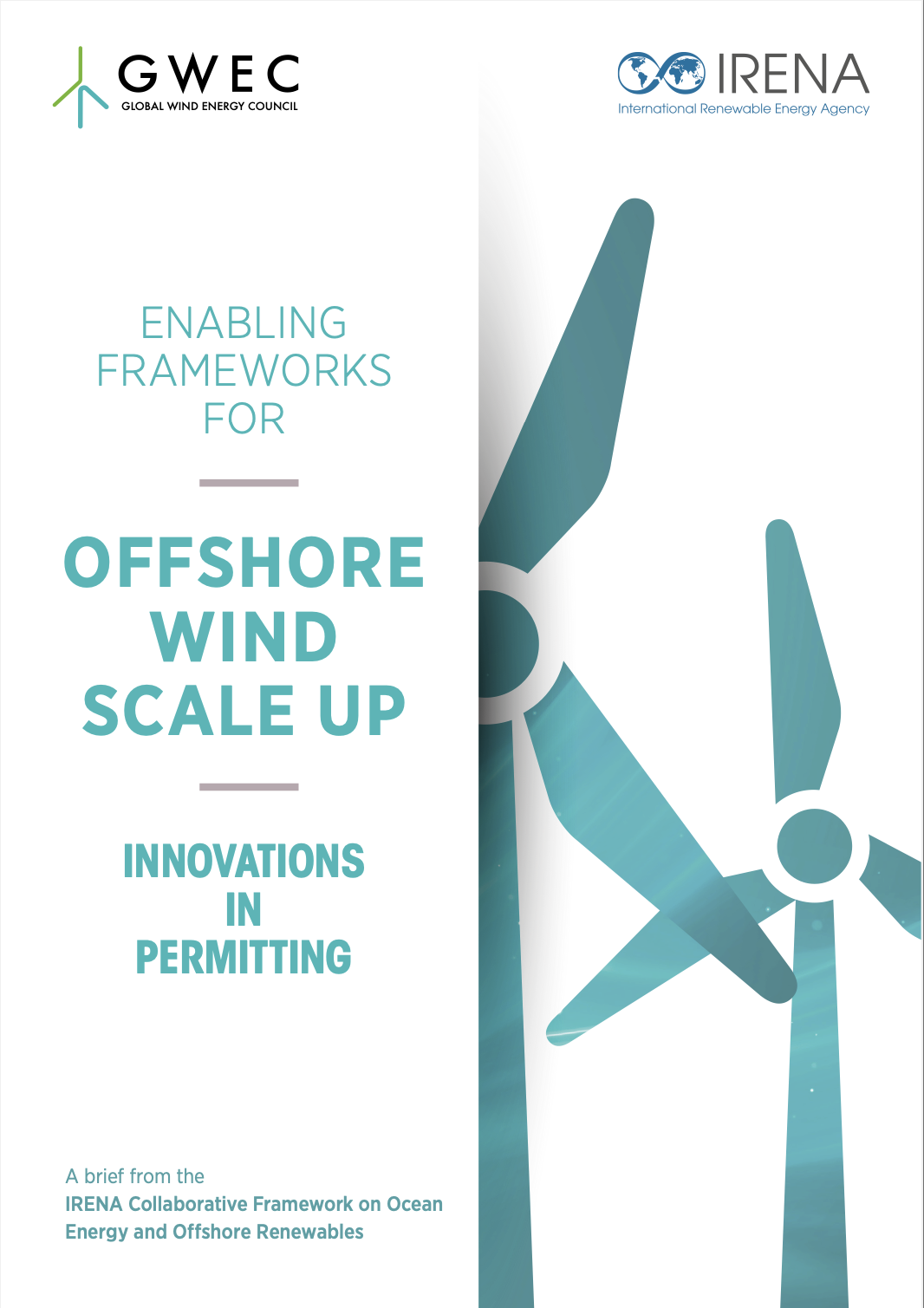
Source: IRENA




